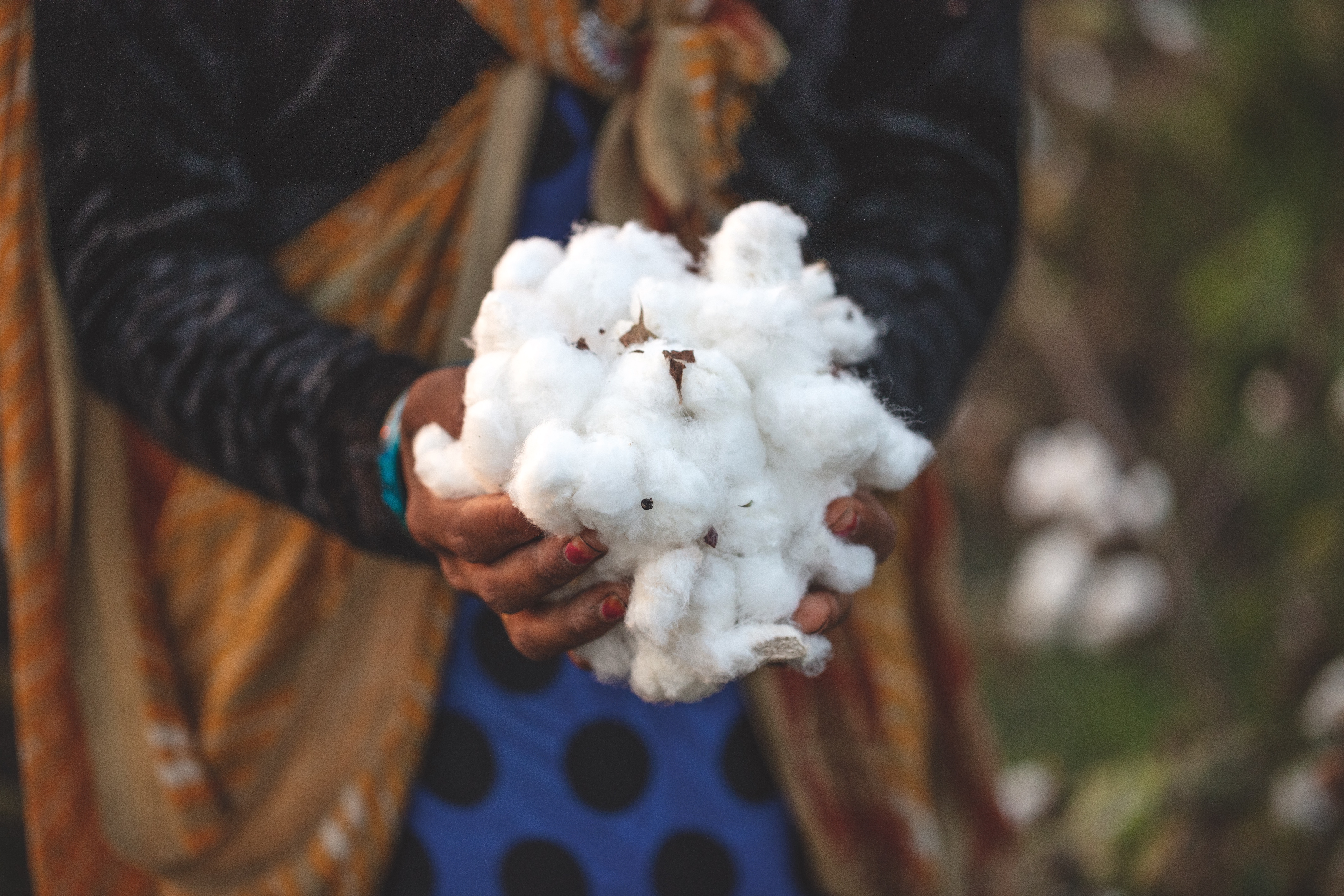Patagonia launches campaign for organic and regenerative agriculture
This fall, the American outdoor brand Patagonia will launch a campaign to raise awareness of the opportunities offered by organic and regenerative agriculture, one of the most effective ways to combat climate change, provide food for a growing population and ensure the well-being of the planet.

Agriculture and fibre cultivation using industrial techniques and harmful chemicals are a major cause of climate change and contribute to up to a quarter of the world’s annual greenhouse gas emissions. In addition, industrial agriculture degrades the soil and leads to loss of soil and water, thereby reducing the ability to grow healthy crops.
By moving from industrial agriculture to organic and regenerative agriculture, it is possible to create healthy soil, which traps significantly more carbon. It is the highest organic standard, rehabilitating soil, protecting animals and improving the lives of workers, through social equity actions such as payment of a wage adequate for survival, fair treatment and the provision of training and other opportunities to improve the social and economic position of workers. Organic and regenerative techniques include grassing, crop rotation, intercropping, minimal or no processing and composting.
Patagonia has also launched a range of organic and regenerative cotton T-shirts from 150 crops in India involved in a pilot project for organic and regenerative certification. In the United States, Patagonia Provisions, the company’s food products branch, has partnered with 650 farms in Nicaragua to grow mangoes from organic and regenerative agriculture.
The company has long experience in the use of organic cotton, which replaced conventional cotton throughout production as early as 1996. Recycled cotton was introduced in 2014 and this year Patagonia purchased small quantities of ‘conversion cotton’ in order to support ‘non-organic’ farmers during the three-year transition period until their product can be certified as organic.
In addition to launching the new line, the brand is publishing a series of documentaries on the subject and will organize two global online events for its community: two live roundtables, the first dedicated to organic and regenerative agriculture and the opportunities it offers, the second focused on the pioneers of the movement, who will come from Europe and North America.

